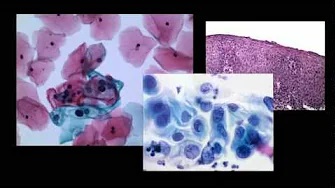Document Type
Article
Publication Date
6-1-2023
Abstract
Shiga toxin-producing Escherichia coli (STEC) causes acute diarrheal illness. To determine risk factors for non-O157 STEC infection, we enrolled 939 patients and 2,464 healthy controls in a case-control study conducted in 10 US sites. The highest population-attributable fractions for domestically acquired infections were for eating lettuce (39%), tomatoes (21%), or at a fast-food restaurant (23%). Exposures with 10%-19% population attributable fractions included eating at a table service restaurant, eating watermelon, eating chicken, pork, beef, or iceberg lettuce prepared in a restaurant, eating exotic fruit, taking acid-reducing medication, and living or working on or visiting a farm. Significant exposures with high individual-level risk (odds ratio >10) among those >1 year of age who did not travel internationally were all from farm animal environments. To markedly decrease the number of STEC-related illnesses, prevention measures should focus on decreasing contamination of produce and improving the safety of foods prepared in restaurants.
Recommended Citation
Marder EP, Cui Z, Bruce BB, Richardson LC, Boyle MM, Cieslak PR, Comstock N, Lathrop S, Garman K, McGuire S, Olson D, Vugia DJ, Wilson S, Griffin PM, Medus C. Risk Factors for Non-O157 Shiga Toxin-Producing Escherichia coli Infections, United States. Emerg Infect Dis. 2023 Jun;29(6):1183-1190. doi: 10.3201/eid2906.221521. PMID: 37209671; PMCID: PMC10202860.

